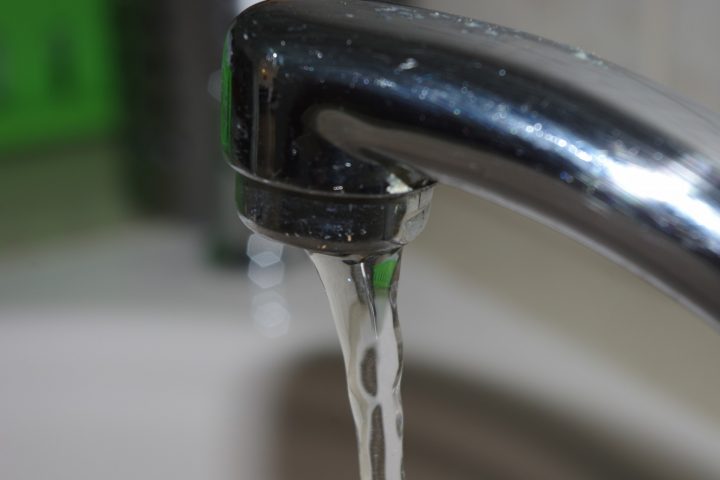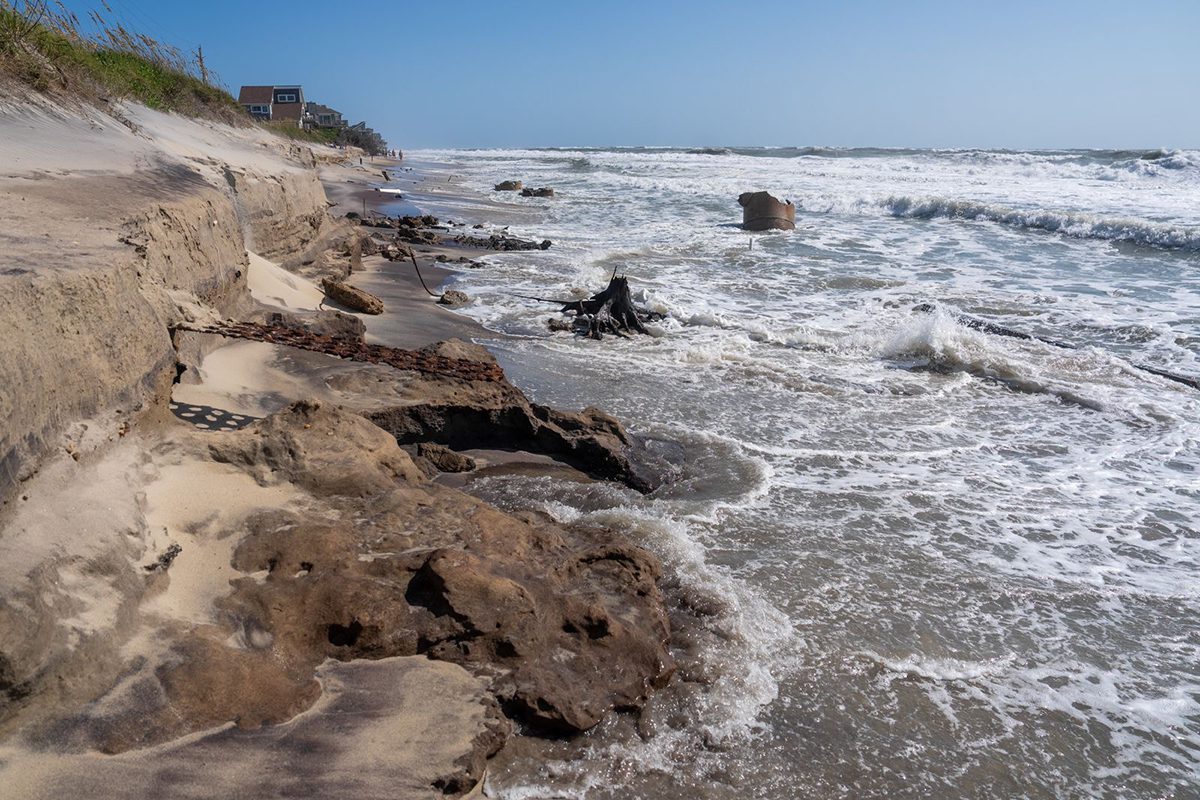
A handful of the 88 drinking water and wastewater projects scattered across the state that will receive $166 million total in loans and grants are on the coast.
“All families across our state deserve clean water,” Gov. Roy Cooper announced Wednesday in a news release about the funding. “Some water and sewer systems are over a hundred years old, and these funds will help communities meet their infrastructure challenges.”
Supporter Spotlight
The grants and loans, officially approved Feb. 12 by the State Water Infrastructure Authority, are through the Drinking Water State Revolving Fund loan program, Clean Water State Revolving Fund loan program, the Wastewater State Reserve program, the Community Development Block Grant-Infrastructure program, the Asset Inventory and Assessment Grant program and the Merger/Regionalization Feasibility Grant program.
In the latest round of approved funding, Beaufort, Washington, Elizabeth City, Plymouth and Bertie County Water District I each will receive $150,000 for either water or wastewater asset inventory and assessments, or AIAs, which are used to inventory and document existing systems.
The Cape Fear Public Utility Authority will receive $13,785,950 to rehabilitate or replace twin 24-inch raw water mains through the Drinking Water State Revolving Fund Project Funding and $7,845,575 for PS-14 Force Main Replacement through Clean Water State Revolving Fund Project Funding.
Murfreesboro in Hertford County will receive from the Clean Water State Revolving Fund $1,339,475 for sewer system rehabilitation, $500,000 of which will have principal forgiveness.
A Merger/Regionalization Feasibility Grant for $50,000 will go to a study on merging the water supplies of Chowan, Edenton and Perquimans counties. The study evaluates consolidating two or more systems and the potential physical interconnection with another system for regional wastewater treatment or regional water supply.
Supporter Spotlight
“Access to clean water and reliable water infrastructure is critical to the economic competitiveness and future resiliency of North Carolina’s communities. This funding is essential to help utilities across our state meet some of the challenges they currently face,” said Secretary Michael S. Regan of the North Carolina Department of Environmental Quality.
Studies show that North Carolina still needs from $17 billion to $26 billion in upgrades to its water and sewer infrastructure statewide.
The application period for the next round of funding for water and wastewater infrastructure projects ends April 30. The Division of Water Infrastructure will hold training through Feb. 28 for applicants interested in applying for the next round of funds. The training schedule is available on the DEQ website.







